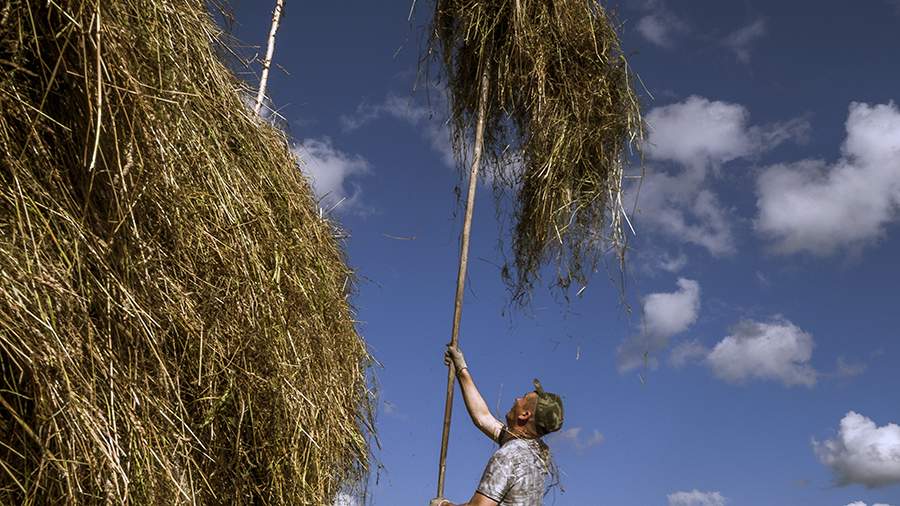July 14 is a special holiday, Summer Kuzminki: what kind of holiday is this, strict prohibitions
- Новости
- Local news
- July 14 is a special holiday, Summer Kuzminki: what kind of holiday is this, strict prohibitions

Every year on July 14, Orthodox Christians remember the holy brothers Cosmas and Damian, who suffered for the gift of healing. The holiday is popularly known as Summer Kuzminki. This name appeared due to the consonance of the names Kosma and Kuzma and the fact that memorial day falls at the height of summer. In 2025, it's Monday. Izvestia tells us how the holiday was celebrated in the old days and what signs are associated with it.
The history of the Summer Kuzminki holiday
Kosma and Damian (in the Russian tradition — Kuzma and Demyan) lived at the turn of the III–IV centuries in Asia Minor. The brothers were sent to study medical science as children. It is believed that the Lord endowed them with the gift of healing and miracle-working, which attracted many people to them.
According to legend, one of those cured was the pagan emperor Karin. In gratitude, he gave the order not to touch the brothers, despite their refusal to sacrifice to idols. Kosma and Damian were able to continue healing without fear of persecution. However, their fame was envied by the old doctor mentor. Under the guise of collecting medicinal herbs, he lured the brothers to the mountains, where he killed them and dumped their bodies in a river.
The Orthodox Church honors the holy martyrs twice a year: on July 14 and November 14. In Russia, the July holiday was called Summer Kuzminki, and the November holiday was called Autumn Kuzminki. There are many customs and superstitions associated with each of them.
Summer Kuzminki in 2025: customs and signs of July 14
In the morning, the faithful went to church to offer prayers to the saints. Especially often, Kosma and Damian were approached with requests for health, enlightenment of the mind and protection of the family hearth. That is why in the old days, Summer Kuzminki was considered more of a women's holiday, filled with warmth and care.
In the villages, so—called women's gatherings were held on this day - cozy meetings where they cooked a common porridge in the morning, gathering food together. It was served to relatives, neighbors, travelers and those in need. The time at the table was accompanied by heartfelt conversations, songs and laughter.
But before plunging into relaxation and fun, the women worked hard. In the Summer Kuzminki, when the peak of haymaking was coming, there was a lot of work: mowing the grass, weeding the beds and picking the first root crops.
Raspberries and gooseberries were already ripe at that time, and fragrant jam was made from them, which was considered especially tasty and healthy on July 14th. And unmarried girls used the moment: by lightly pricking a guy with a sprig of gooseberry, they could "pin" him to themselves — this was how cute romantic games and acquaintances began.
Great attention was paid to weather signs. So, if the foliage on the trees turned yellow, it foreshadowed early autumn. The wind is picking up, leading to rain. If magpies are screaming and spiders are actively climbing down the cobwebs, it's time for warm sunny days.
Summer Kuzminki in 2025: what can and cannot be done
According to tradition, in the Summer Kuzminki you can not complain about fate. This is especially true for women. They are forbidden to complain about their husbands and loved ones. Other bans include cleaning, laundry, and large purchases. It is also forbidden to swear and envy others, otherwise you may lose your own well—being.
Time is supposed to be spent outdoors, doing work in the garden or garden. According to folk customs, feasts, gatherings and fortune-telling on the betrothed are allowed.
Earlier in July, Russia celebrated David the Strawberry. Izvestia told about the history, traditions and prohibitions of this day.
Переведено сервисом «Яндекс Переводчик»


